- About Us
- The Schools
-
Admissions
- Armed Forces Covenant
- Acceptance Form
- Admissions Process and Key Dates
- College Transport
- Ellesmere College 'Virtual Tours'
- Fees
- Insurances and Fees Refund Scheme
- International Students
- Methods of Payment
- New Parent Information
- Registration Form
- Scholarships & Bursaries
- Start of Term Arrangements
- Uniform
- Pupil Area
-
Parents' Area
- Catering
- College Policy Documents
- College Transport
- Ellesmere Newsletter
- External Examinations
- Fees
- Holiday Camps at Ellesmere
- In Touch
- Inspections
- Insurances and Fees Refund Scheme
- Methods of Payment
- New Parent Information
- Open Days & Events
- Parent Portal
- Parents' Society
- Scholarships & Bursaries
- Terms & Conditions
- Uniform
- Busnet
- Ellesmere Community

 Ellesmere College Student Views - Alice Yang (China)
Ellesmere College Student Views - Alice Yang (China)

 Ellesmere College Student View - Lewis Hall
Ellesmere College Student View - Lewis Hall

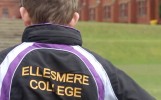 Ellesmere College Football Academy
Ellesmere College Football Academy

 Ellesmere College Rugby Academy
Ellesmere College Rugby Academy

 Explore the Ellesmere Difference UK
Explore the Ellesmere Difference UK

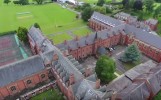 Ellesmere College - Aerial View
Ellesmere College - Aerial View

 Edoardo and Tommaso
Edoardo and Tommaso

 Tapaswini & Vanessa
Tapaswini & Vanessa

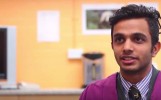 Student Views - Vansh Bajaj
Student Views - Vansh Bajaj

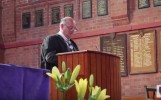 Speech Day 2015
Speech Day 2015

 Student Views - Richard Lay
Student Views - Richard Lay

 Student Views - Cassie Champrasit
Student Views - Cassie Champrasit

 Chapel Choir
Chapel Choir

 Return To The Forbidden Planet Trailer
Return To The Forbidden Planet Trailer

 Talbot House 'I'm A Believer'
Talbot House 'I'm A Believer'

 Students View - Tilly Walker
Students View - Tilly Walker

 Students View - Peter Von Hoven
Students View - Peter Von Hoven

 Students View - Ben Williams
Students View - Ben Williams

 Student Views - Alice Tow
Student Views - Alice Tow

 Ellesmere College Presents Romeo & Juliet
Ellesmere College Presents Romeo & Juliet

 Lower School
Lower School
Conservation in the Carribbean: Students Support Marine Project

Early this summer, 16 Ellesmere College students travelled to Belize, in the Caribbean, to work alongside marine biologists in a unique study of the lion-fish population as well as underwater surveys, studying other aquatic species and supporting the scientists on the island.
The project is based on a remote island off the Belize coastline and Ellesmere College is the only British school to have visited it with the students working alongside the scientists gaining first-hand experience in the practices of marine biology. The team of scientists have been stationed on the island for some time and are measuring data on the fluctuation of marine species including coral and fish, including the management of the lion-fish population. During their work, the students also studied bird populations in the mangroves were also lucky enough to see a range of marine species including dolphins, lobsters, rays, sharks, and even the elusive manatee!
The lion-fish project is of critical importance to the delicately balanced Caribbean marine ecosystem - they are not an indigenous species - as their population is spiraling out of control. They are very voracious and have no natural predators, posing a great threat to the local fish stocks, so their numbers have to be monitored and recorded for the project on a daily basis.
The students were also faced with the unfortunate and shocking effects of plastic pollution on the Caribbean coastline, and although most tourist beaches are cleaned daily, the students experienced how bad the plastic pollution truly was on a stretch of the natural coastline. Mr. Williams commented, "I cannot stress enough how shocked I was about how bad the plastic pollution is on the beaches here." So part of the role of the students was to also clean parts of the beach of plastic and other waste on a daily basis - a very real lesson in how severe the environmental impact of plastic is and encouraged the students to discuss the effects of pollution and how they could minimise it at home or school.
Although living on the beach in cabanas appears ideal, the students had a large amount of other daily commitments such as raking the beach to kill sand flies, cooking for the team and cleaning. The group found it particularly liberating to have no network coverage, and they would use their spare time in order to relax, play cards, chat, and have spontaneous games of cricket and volleyball!
Mr. Williams said, "I feel very privileged to have taken this group of students and hope that the real world problems they encountered will encourage them all to share their experiences and consider the ways in which we can minimise our impact on the environment in the future. I would like to thank the scientific team and camp staff for their support and allowing us to share this unique experience with them."
The Ellesmere College team included the following students and staff:
- Charlie Anne Williams - Jack Pochin - Lavinia Mottershead - Aaron Davis - Sophie Ward - Ronnan Phillips - Maddie Freer-Carmichael - Toby Freer-Carmichael - Camilla Broster - Zak Lennox - Alanah O'Brien - James Knowells - Mimi Roberts - Harry Hudson - Emily Ashley - Scott Faulkner - Mr Ian Williams.
For more information on the Leadership and Co-Curricular opportunities at Ellesmere College, please visit: Leadership and Employability.
Images Courtesy of Tony Ellis Photography
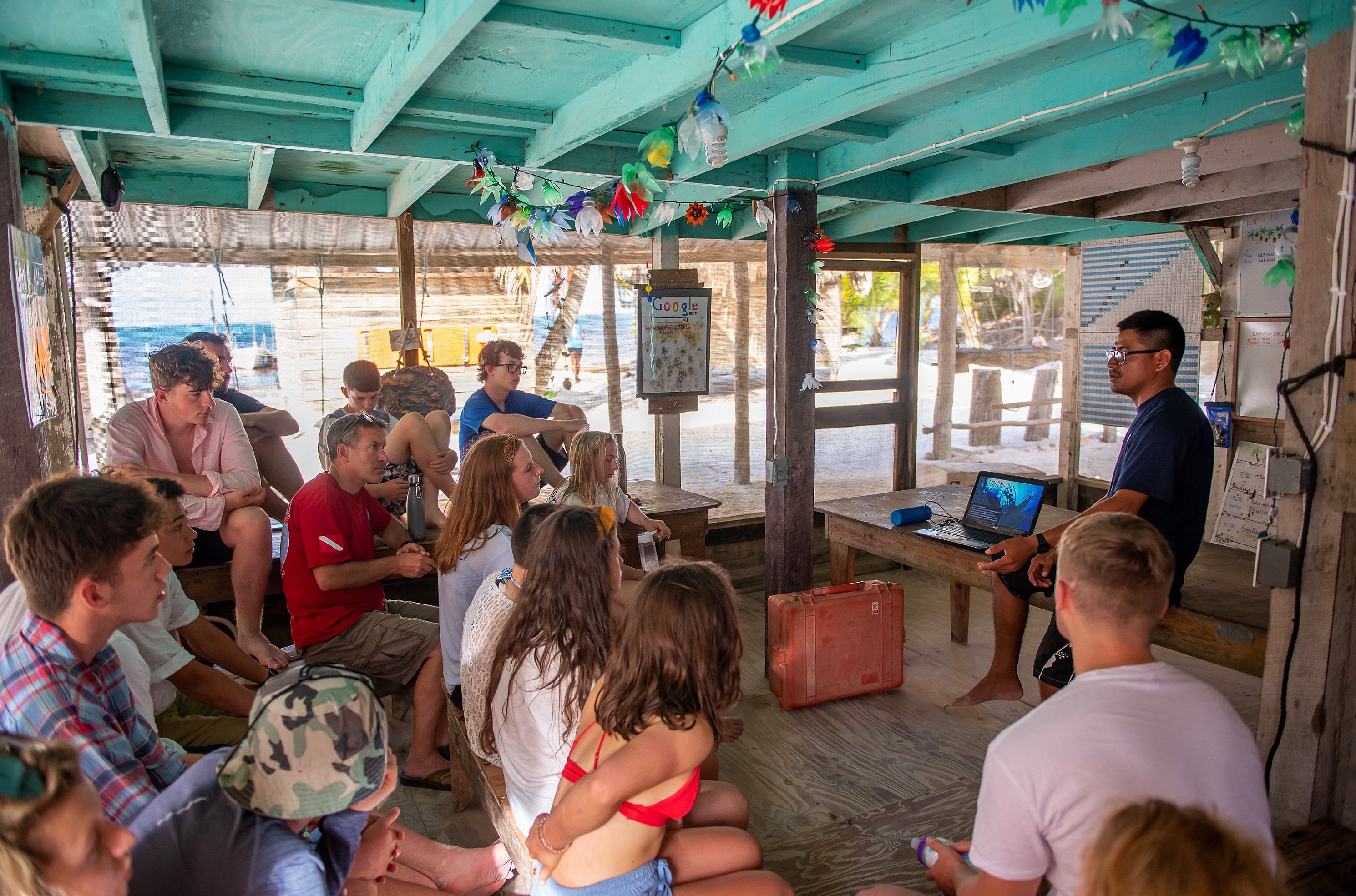
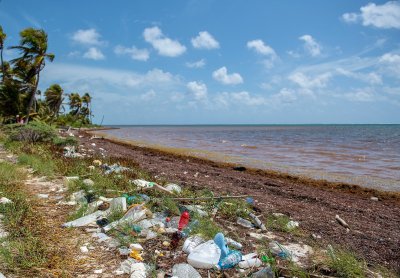
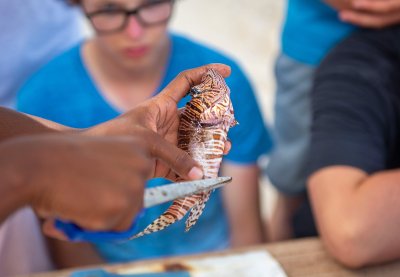
16th September 2019 Back to News

 House Singing Competition
House Singing Competition  Sport at Ellesmere
Sport at Ellesmere  Tennis Academy
Tennis Academy  Life at Ellesmere
Life at Ellesmere  Boarding Life
Boarding Life  Sixth Form
Sixth Form 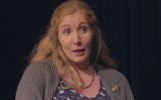 The Arts
The Arts 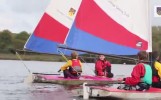 CCF/DofE Adventure Training
CCF/DofE Adventure Training 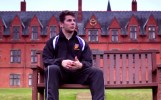 Why Louis Chaudron joined Ellesmere College
Why Louis Chaudron joined Ellesmere College 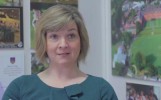 International Admissions
International Admissions